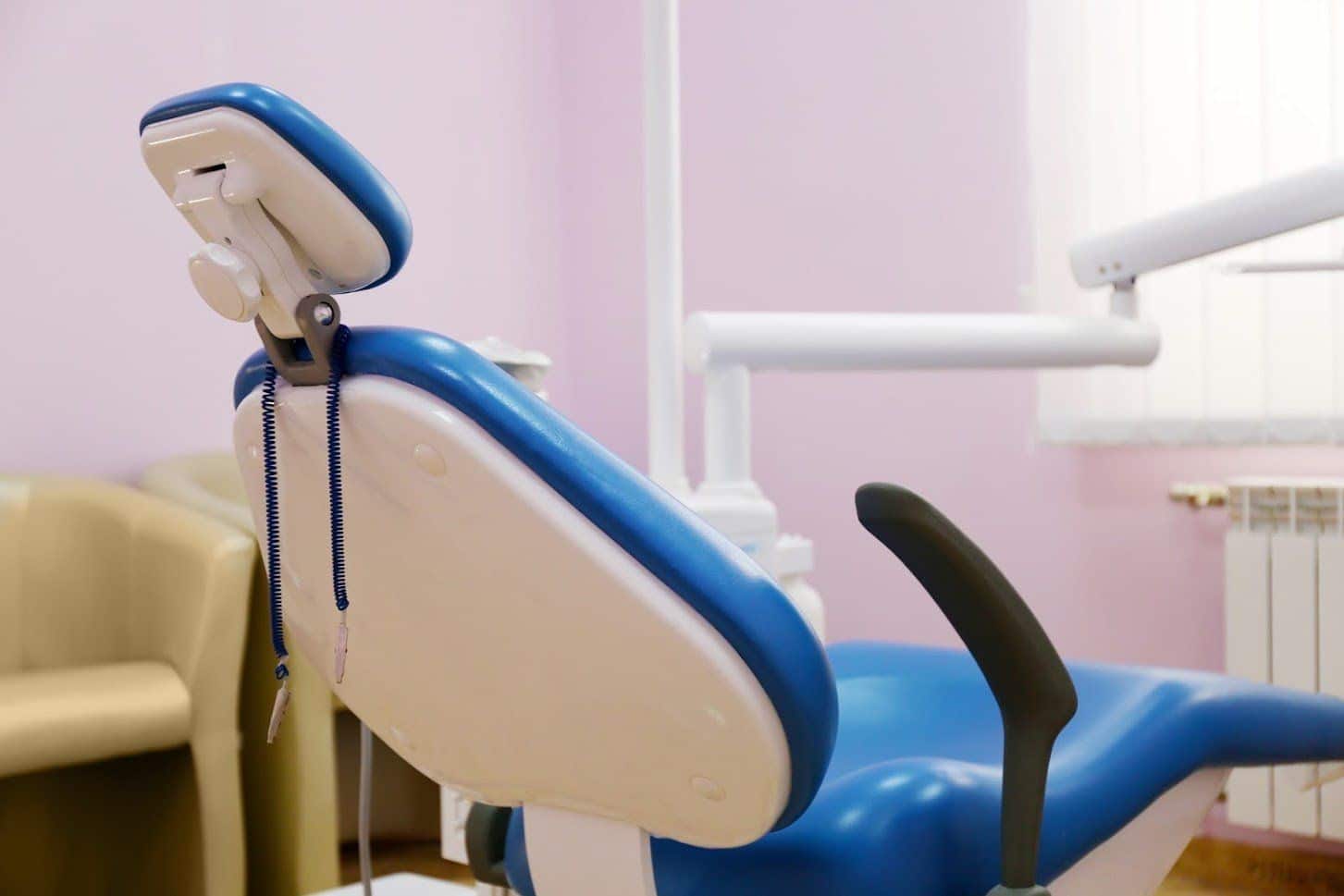
Know more about these various types of sedation to help you and your dentist pick the best one for you and educate you on what to expect after your procedure.
1. Your Sedation Options
Four basic sedation options are available.
Oral Sedation
Oral sedation comes in pill form, usually a short time before your appointment. Depending on the dosage given, the effects of the medication can range from mild relaxation or drowsiness to moderate sedation, which can cause you to fall asleep. You will often remain groggy for a short period following your appointment.
Nitrous Oxide
Nitrous oxide is commonly known as laughing gas. This sedation also has oxygen, and you inhale it with a mask your dentist will place over the nose. The effects of the medication depend upon the amount of gas you receive. Nitrous oxide acts rapidly and quickly wears off.
IV Sedation
IV sedation is one or more drugs the dentist administers intravenously or through your veins. It is very fast-acting, and your dentist easily maintains your level of sedation during your procedure.
General Anesthesia
With general anesthesia, the dentist may give medications through an IV, have you inhale it through a mask, or do a combination of both. General anesthesia is an option when you need deep sedation or to be unconscious during a procedure.
Your surgical team will control your sedation and breathing during this time. Because of the deep level of sedation, general anesthesia takes an extended period to wear off, and you will need monitoring during this time.
Different sedation options may be more appropriate for some procedures than others. For example, if you need to have the dentist extract your wisdom teeth, IV sedation may be right, while you may only need oral sedation for exams of your very sensitive teeth.
2. Your Sedation Preparation
Some sedation, such as nitrous oxide, may require no preparation at all, while your dentist may give you detailed instructions to follow before using other types of sedation. Some of these instructions may include:
- Ensuring you have a driver to transport you to and from your appointment
- Filling and taking any required prescriptions before your appointment
- Taking other types of prescription medications before your procedure
- Following any eating or drinking restrictions
- Dressing comfortably while giving your doctor access to your arms
- Leaving excessive jewelry at home
Depending on what type of sedation your doctor will use, your team may need to monitor your oxygen levels while it is in use. Because of this, your dentist may ask you to remove your nail polish and an artificial nail from at least one finger before your procedure.
3. Your Sedation Recuperation
Some sedations such as nitrous oxide will be gone entirely by the time you leave your appointment. You will be able to drive and go back to work if you choose to. Most other sedation can leave you slightly groggy for a short time following your appointment. Your dentist will advise you not to drive, perform any strenuous activities, or operate heavy machinery during this time.
You should not have any eating restrictions following your sedation, but your procedure may dictate avoiding certain foods for a period. Your dentist will provide you with instructions. Ensure you remain hydrated, and avoid alcohol for at least 24 hours following your sedation.
The San Diego Center for Oral & Maxillofacial Surgery can answer any questions you have about sedation before your oral surgery. We will ensure you remain as comfortable as possible while we help you restore your beautiful smile. Give us a call today to schedule your appointment.
